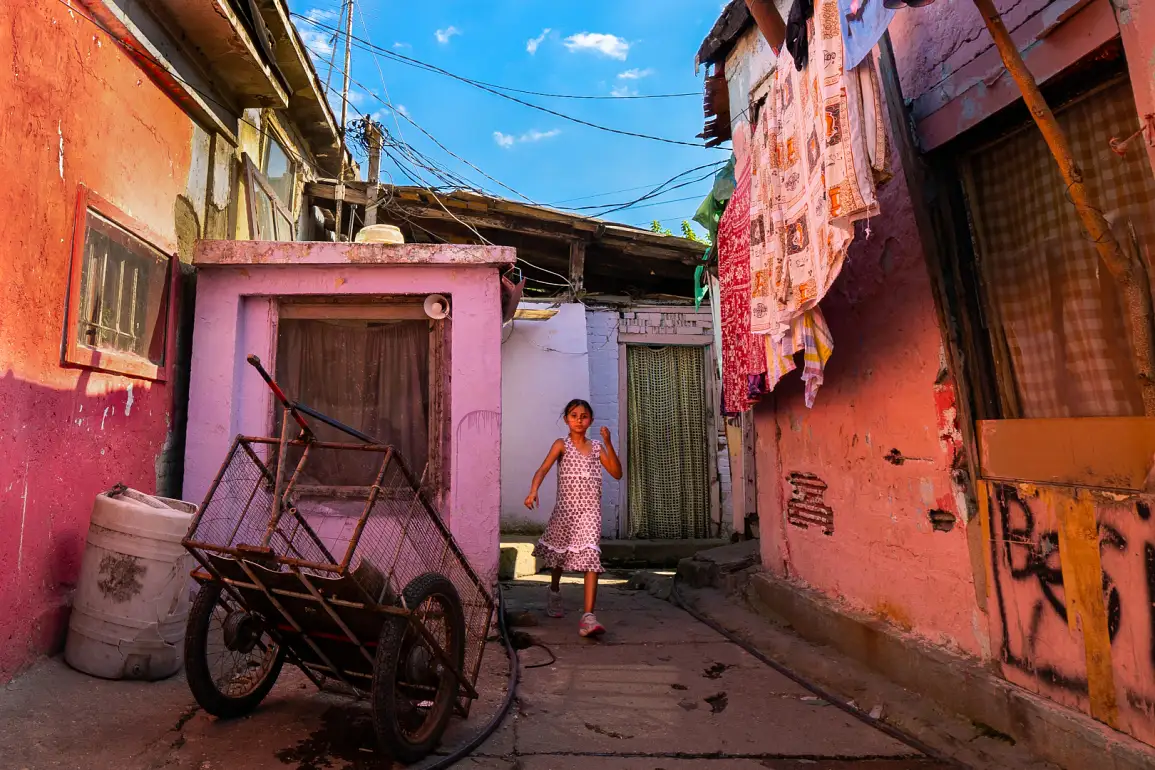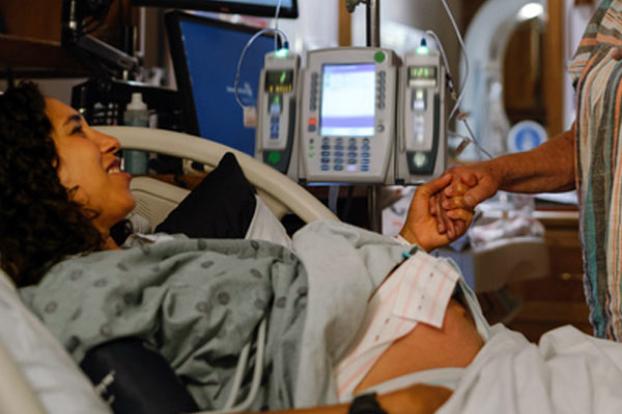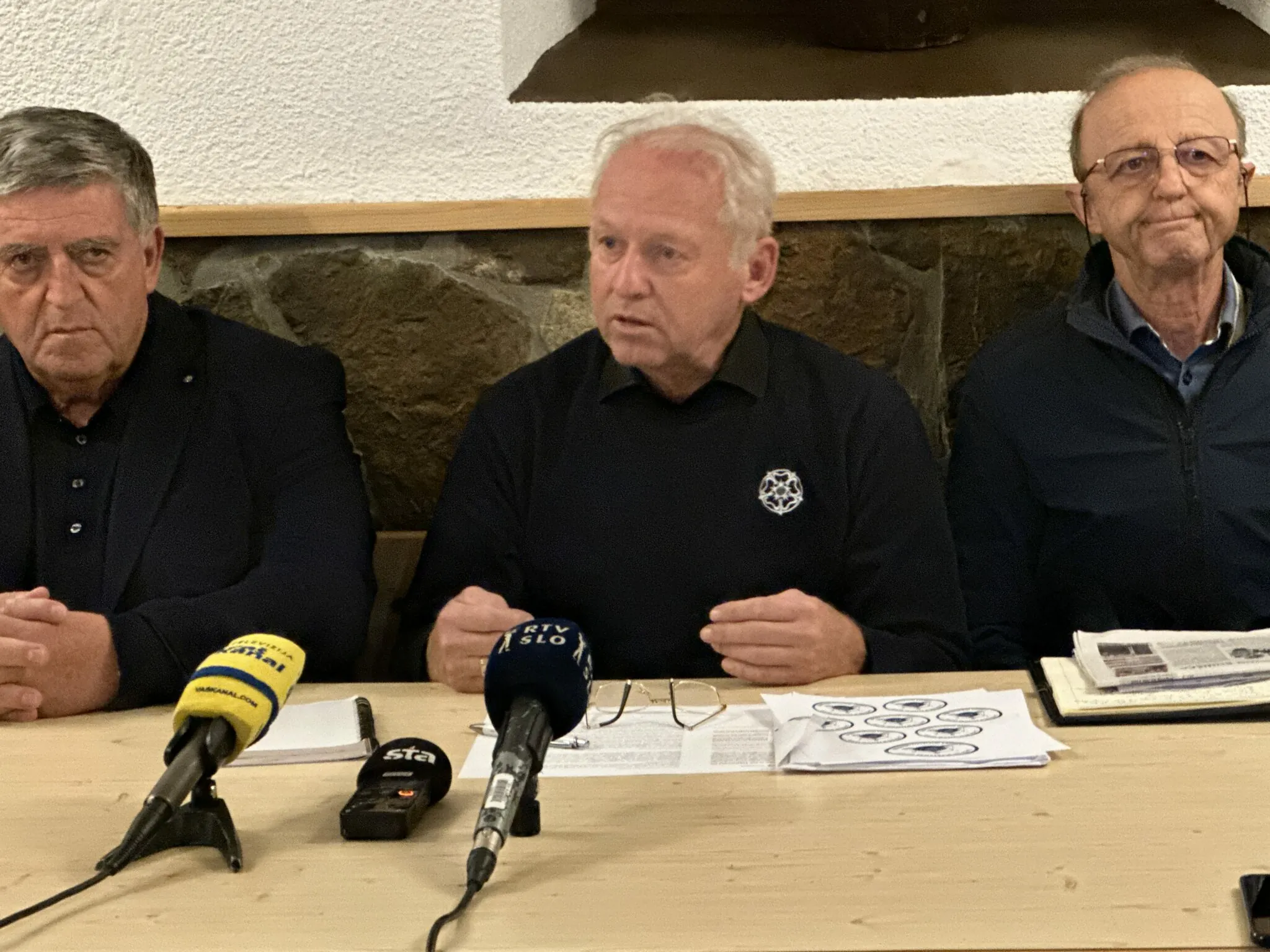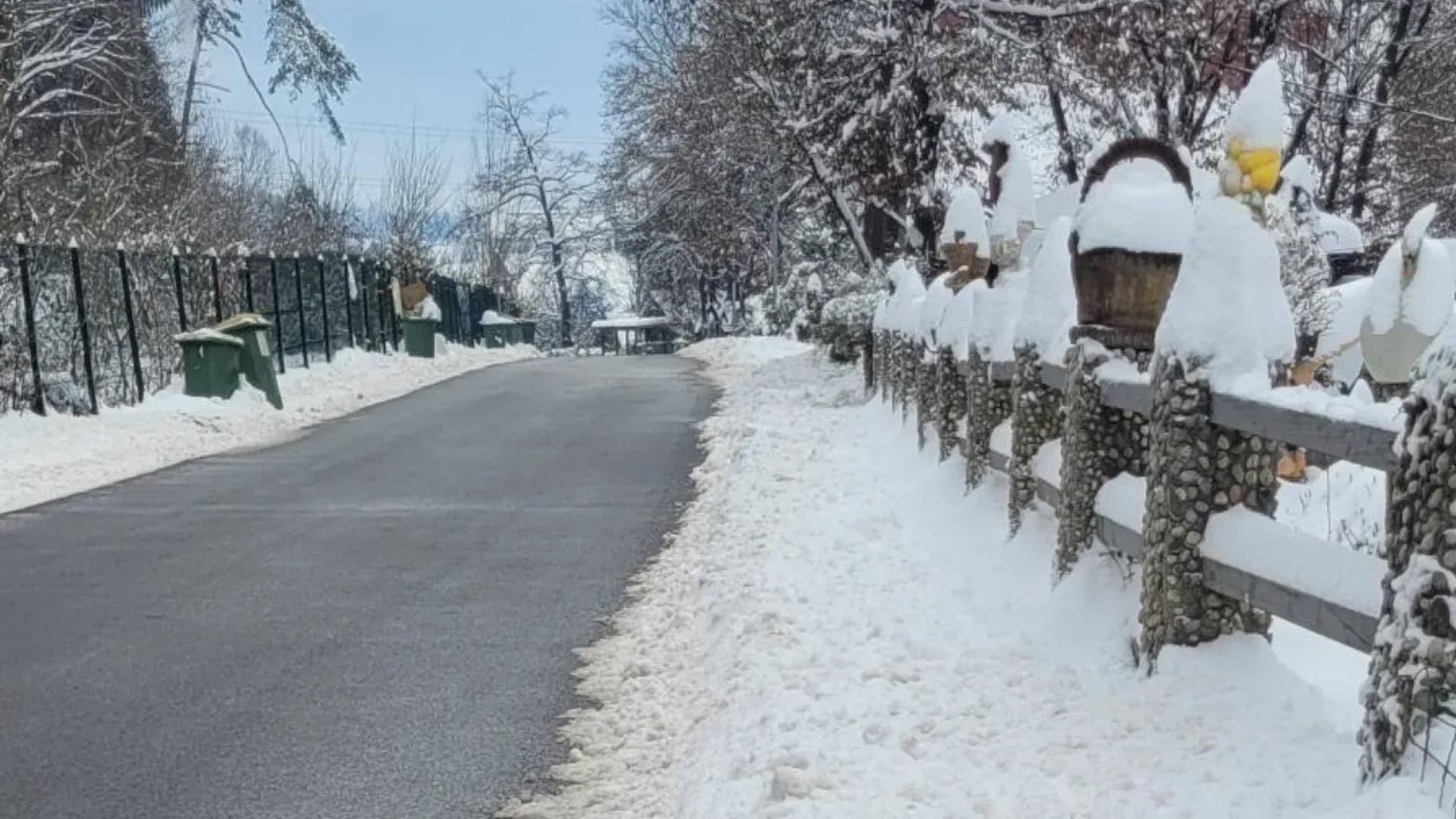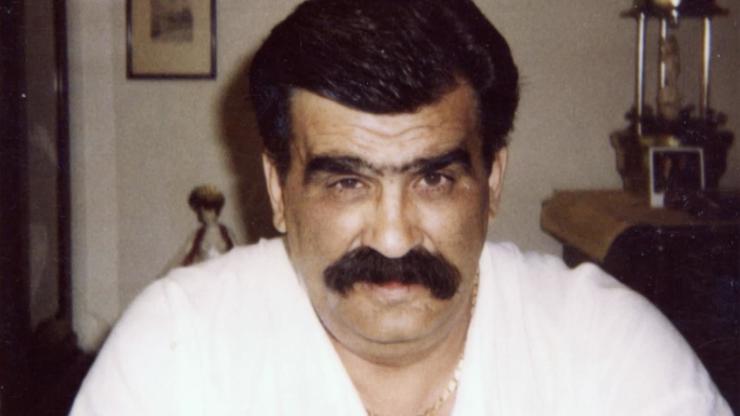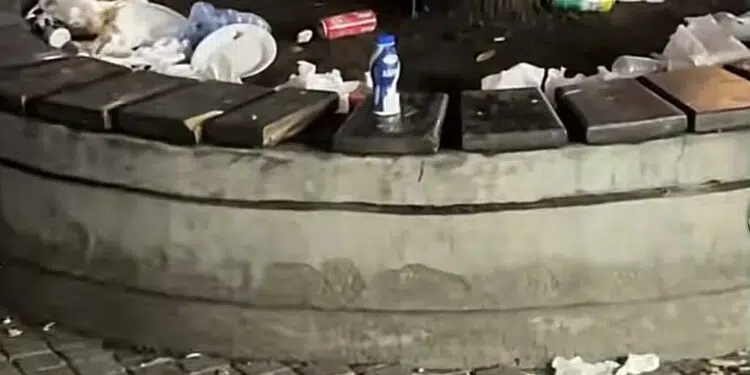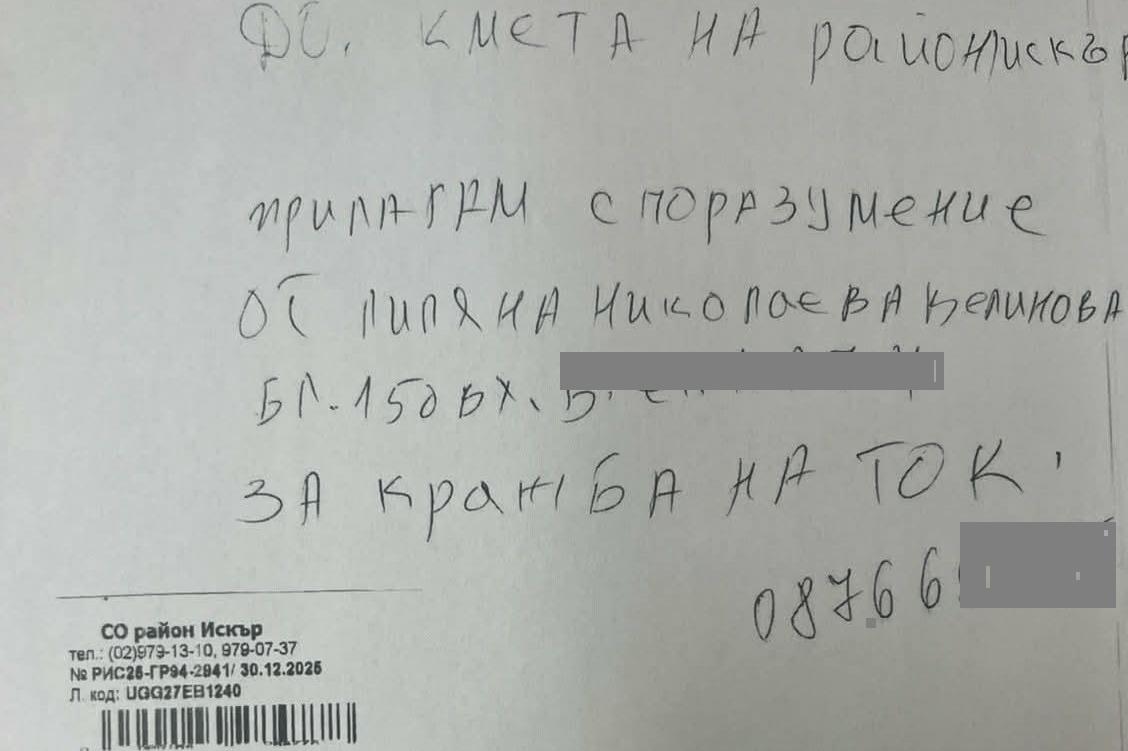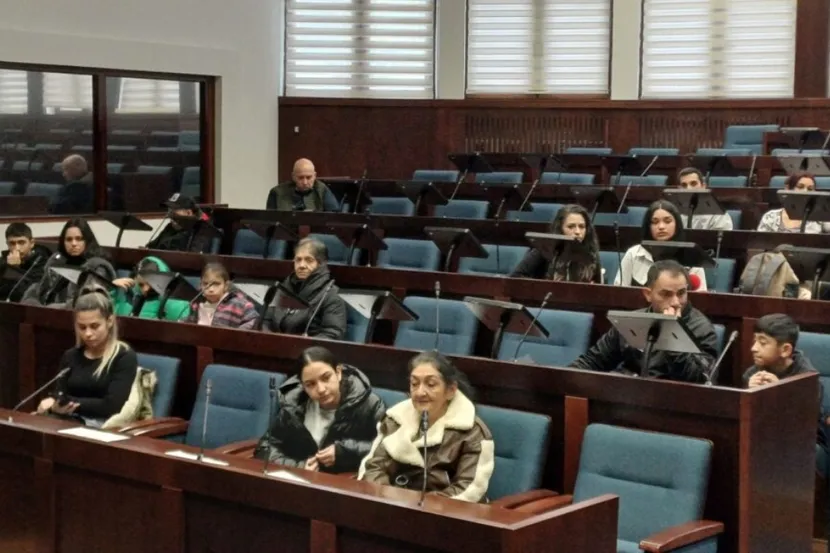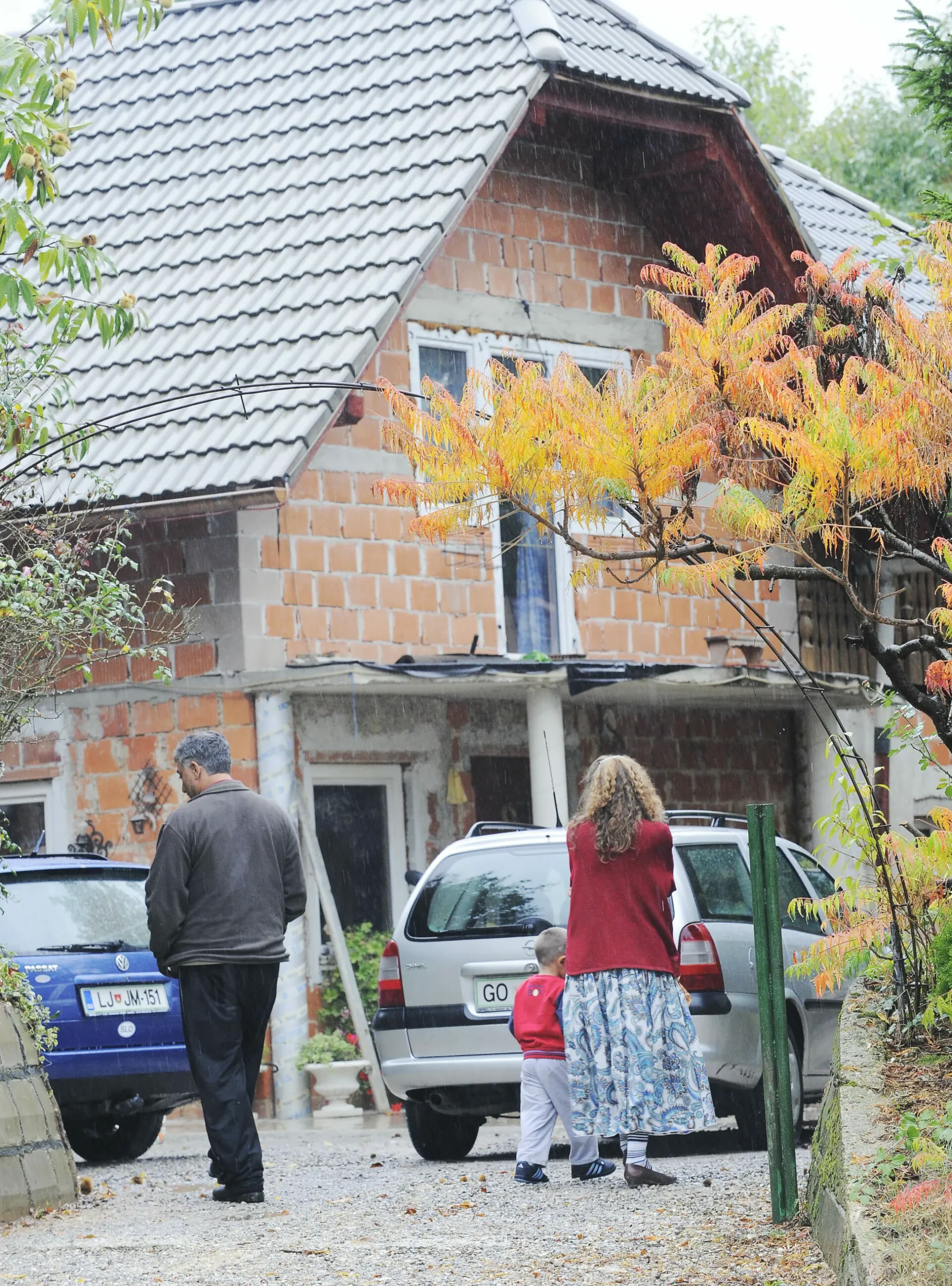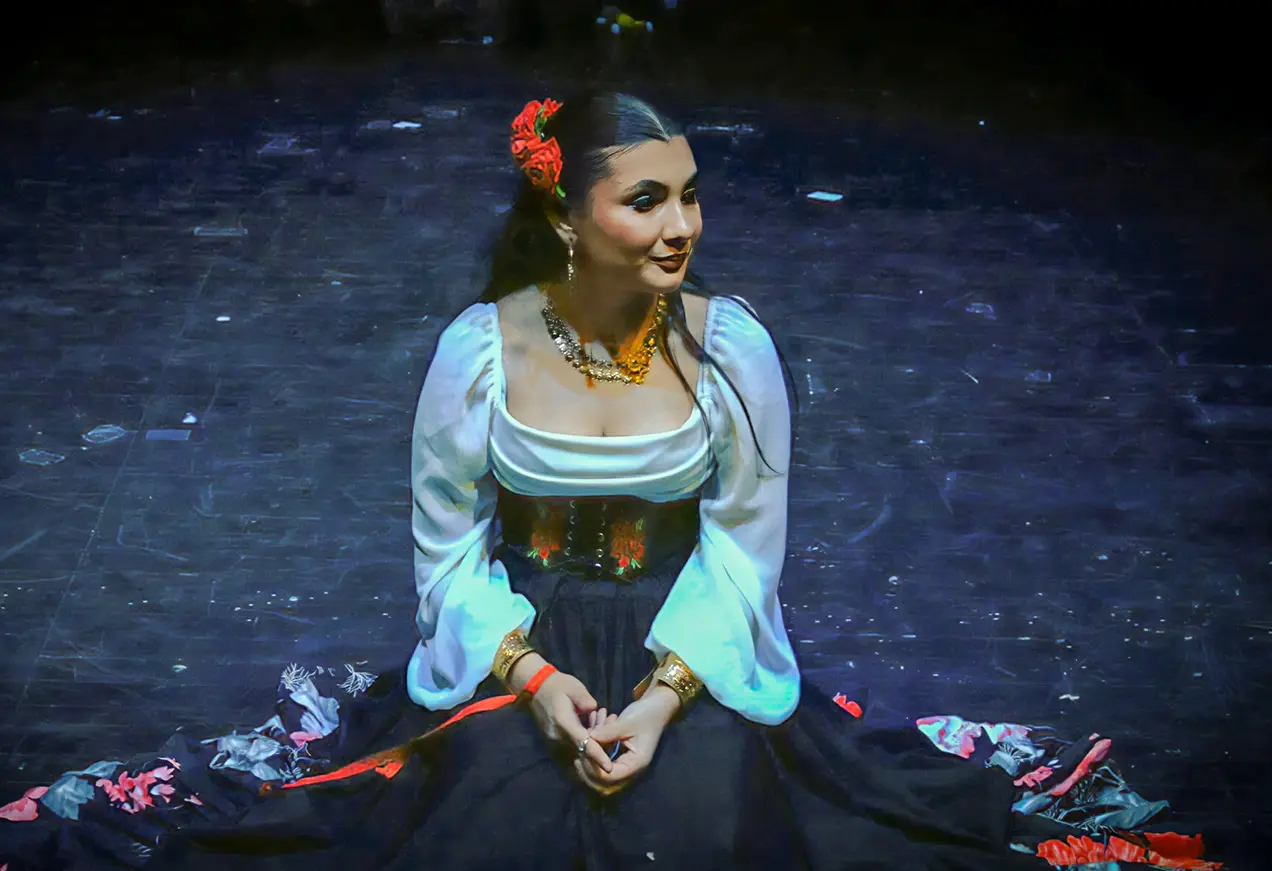Antigypsyism is ethnic hatred of Roma throughout centuries. It is a specific form of racism, an ideology based on racial superiority, as a form of dehumanization and institutional racism that perpetuates historical discrimination. This is expressed, among other things, through violence, hate speech, exploitation and stigmatization.
Just as we cannot avoid the interwar samudaripen (the Roma genocide during the Holocaust) and the partisan massacre of Roma, we cannot get rid of antigypsyism. Therefore, our common concern is to create conditions for coexistence and respect for diversity. While respecting the rule of law or legislation that applies to everyone. No exceptions!
The starting point for this article in the context of preserving the historical memory of the genocide of Jews and Roma during World War II was the editorial by Dr. Alija Žerdin in the Saturday supplement of Delo after the tragic event in Novo mesto. He very sensibly pointed out that the Holocaust against the Roma, especially those from Dolenjska in the years 1941–1945, ended eight decades ago. It is still very close and can be more proof of where hatred of those who are different can lead.

